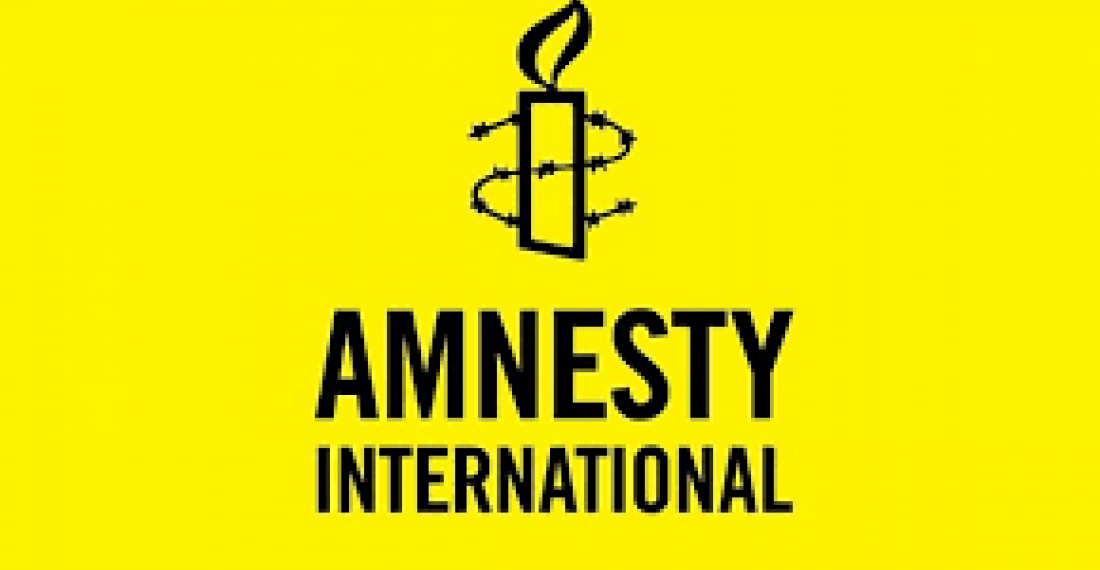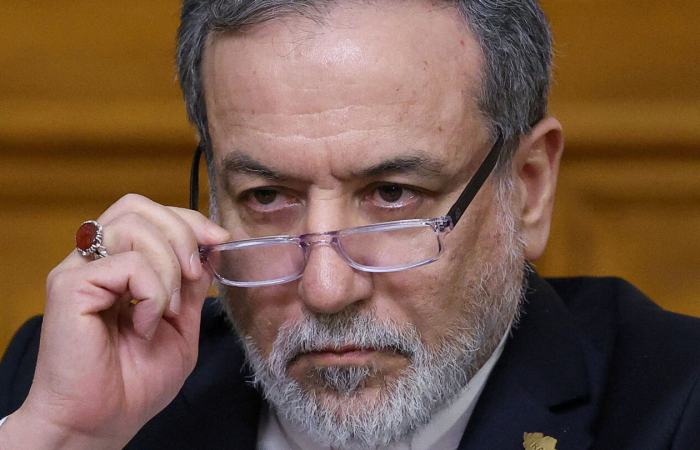Международная правозащитная организация Amnesty International опубликовала свой ежегодный доклад о положении в области прав человека в мире в 2017 году.
Касательно Грузии доклад отметил предположительное похищение азербайджанского журналиста Афгана Мухтарлы в Тбилиси и возможное участие в этом грузинских правоохранителей и о том, что у следствия по данному делу пока нет никаких значительных подвижек.
Наряду с другими проблемами в докладе говорится также об имущественном споре вокруг телекомпании «Рустави-2», о проблемах с созданием независимого следственного механизма, и "безнаказанность" представителей правоохранительных органов за нарушения прав человека.
Помимо этого в нем также говорится и о проблемах дискриминации в отношении ЛГБТ лиц и, что "пары одного пола остаются без какого-либо правового признания".
Доклад также отмечает ситуацию в зонах конфликта. В нем говорится, что российские вооруженные силы и де-факто власти сепаратистских регионов Абхазии и Южной Осетии ограничивали свободу передвижения вдоль де-факто границы.
Людей задерживали по обвинению в незаконном пересечении границы, вдоль административных границ возводились колючие ограждения и нарушались права местных жителей: "Лишившись доступа к своим огородам, пастбищам и пахотным землям, они ограничены в праве на надлежащий уровень труда, питания и жизни", - говорится в докладе.
источник: commonspace.eu по материалам Amnesty International







